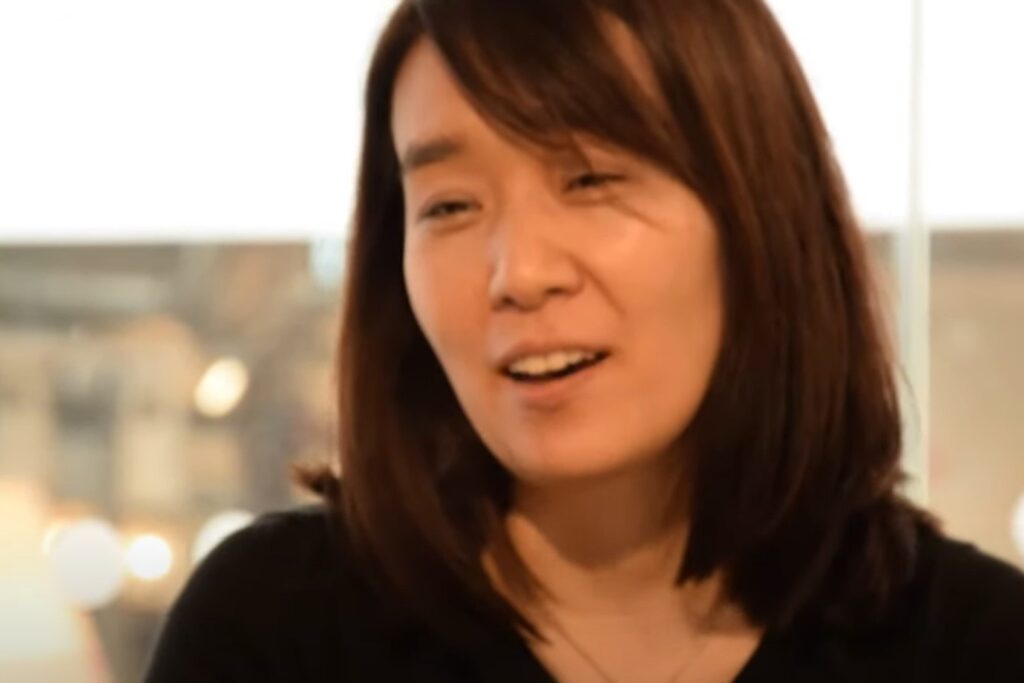South Korean writer Han Kang has been awarded the Nobel Prize in Literature for her “intense poetic prose that confronts historical traumas and exposes the fragility of human life”.
Han, 53, is the first South Korean author and 18th woman to win the prize. Her works include The Vegetarian, The White Book, Human Acts and Greek Lessons.
The Swedish Academy’s Nobel Committee made the announcement of Han’s win on Thursday evening, Australian time. The committee’s chair, Anders Olsson, praised Han’s “physical empathy for the vulnerable, often female lives” of her characters.
“She has a unique awareness of the connections between body and soul, the living and the dead, and in her poetic and experimental style has become an innovator in contemporary prose,” he said.
Han was born in Gwangju, a city in the south-west of South Korea, in 1970. At 10-years-old, her family moved to the Suyu-dong neighbourhood of Seoul, where she later studied Korean literature at Yonsei University.
Han began her career in 1993 with the publication of five poems in the Korean magazine Literature and Society. The following year she won the Seoul Shinmun spring literary contest with a story, Red Anchor.
In 1995, her first short story collection, Love of Yeosu, was published. Then, in 1998, Han participated in the University of Iowa International Writing Program for three months, supported by Arts Council Korea.
Her first novel to be translated into English was The Vegetarian, which won the International Booker prize and helped earn Han worldwide readership. British translator of Korean fiction Deborah Smith worked on The Vegetarian, her first full-length published translation
At the time, The Vegetarian’s translation came under criticism. Referencing this controversy, one of the chairs of the 2016 International Booker judging panel, writer Boyd Tonkin, took to X to say that eight years ago, “media scoffers ridiculed our choice of an ‘obscure’ Korean. But readers loved it”.
“Now, thanks to [the Nobel Prize], many more will discover this unique vision and voice,” Tonkin writes.
The Vegetarian follows a young woman, Yeong-hye, who’s living an unremarkable life in Seoul. She suffers from violent and disturbing dreams about the death of animals, which prompts her to stop eating meat– something that is almost unheard of in Korean culture. Yeong-hye’s act is seen as defiance and prompts those closest to her to intervene, which only exacerbates Yeong-hye’s withdrawal from the world.
Han’s 2014 novel, Human Acts is about the May 1980 Gwangju massacre, when an uprising was brutally suppressed by the military.
Her latest novel, We Do Not Part, will be published in English in 2025, translated by E Yaewon and Paige Aniyah Morris. The story follows a writer discovering the impact of the 1948-49 Jeju uprising on the family of her friend.
The Nobel Prize in Literature has long faced criticism for being focused on European and North American writers of style-heavy, story-light prose. It has also been male-dominated, with the last woman to only 18 out of 120 laureates to date being women. Annie Ernaux of France was the last woman to win in 2022.
Authors and literature experts around the world have been praising Han’s “well-deserved” Nobel Prize win.
“I have long known that Han Kang is one of the most profound and skilled writers working on the contemporary world stage,” said novelist Deborah Levy. “Well done, dearest Han Kang, I’m so pleased that you are our 2024 Nobel.”
Han is “one of the greatest living writers”, according to novelist Eimear McBride. “She is a voice for women, for truth and, above all, for the power of what literature can be. This is a very richly deserved win.”

